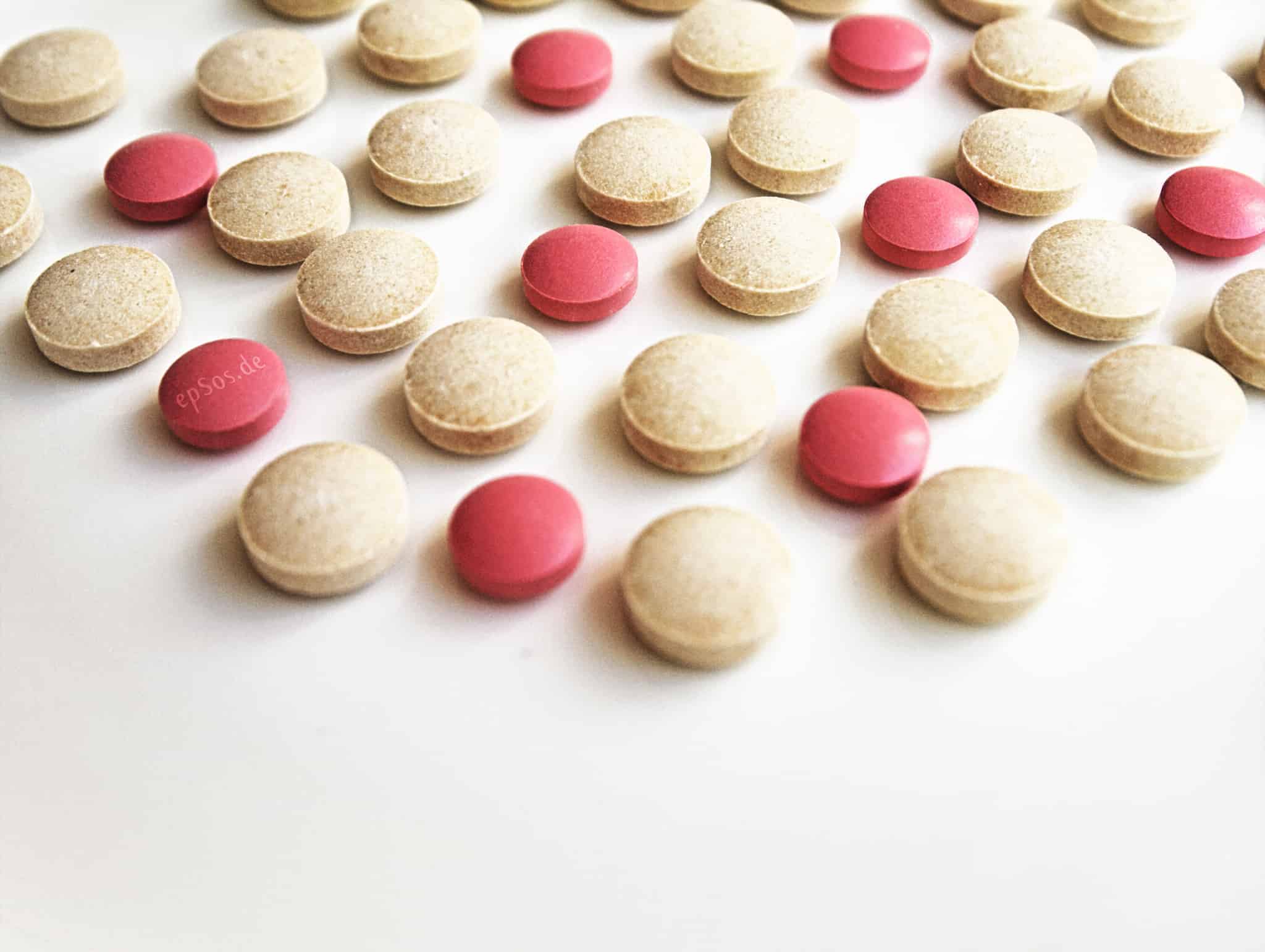MDMA is a psychoactive synthetic drug with stimulating and hallucinogenic properties. This synthetic chemical can be extracted from an essential oil of the sassafras tree. MDMA was first synthesised in Europe as a potential appetite suppressant. However, due to its extreme side effects, it has not become widely used in medicine.
Effects
MDMA has similar hallucinogenic properties to amphetamines and LSD and the designer drug also known as ecstasy. Dependency on the drug MDMA can cause both emotional and physical problems in the addict. Those who use ecstasy claim it makes them feel pleasant and relaxed. MDMA affects the brain’s neurotransmitters, primarily serotonin and dopamine. Serotonin regulates mood, sex drive, sleep, pain and appetite. MDMA causes the brain to release high levels of serotonin or “happy hormones”. The drug also commonly induces a heightened loving or affection feeling in the user.
The feelings MDMA produces are its most addictive driving force of the substance. Those who use MDMA are often drawn to the drug due to its weight loss effect as it leads to a decrease in appetite but also due to the utopia the user will feel when under the influence of MDMA.
Withdrawal symptoms
When the user stops using the drug they will experience a ‘come down’, they will experience withdrawal symptoms as a result of draining their levels of serotonin. This can lead to the user feeling depressed, tired or irritable. MDMA dependency will result in creating low levels of serotonin in the addict, such that they are only able to feel happy when taking the drug. Using MDMA creates a cyclical effect on dependency just like many other drugs.
Using MDMA lets a person stay up later, dance longer, and feel no need for sleep or food. This therefore leads people to use MDMA as a ‘party drug’. Users will abuse or just take it on nights out and in night clubs or raves. MDMA users will spend long, extended amounts of time in crowded and hot conditions. Dancing ecstatically, sweating, and often consuming alcohol which combined can lead to dehydration, hypothermia, exhaustion and sometimes even death.
Overdose
It is not often that a person will overdose on MDMA but it can occur. Overdose symptoms include a very high body temperature and blood pressure, hallucinations and a rapid heartbeat. Those who use the drug with pre-existing heart or lung conditions and individuals with psychiatric disorders are especially prone to grave reactions. It is unknown what the exact number of ecstasy overdose deaths is. However it has been reported by hospitals that in severe cases it can cause: bleeding in the brain, kidney failure, increased body temperature, dehydration and an excessive increase in blood pressure. MDMA is a highly addictive drug that affects many people. Dependency on MDMA can manifest itself both physically and psychologically.
The addiction
The problem with MDMA addiction is that it can happen very quickly and is often viewed by the user as “recreational use” when in fact it is actually ecstasy abuse. The user becomes consumed with the way they feel when on ecstasy and will feel the need to take it again and again. The drug makes a user feel more confident, energized, and happy. When the user comes down, they often experience a severe crash, a depression so strong they may not get out of bed or go to work or class for the next few days. Tolerance for MDMA can build up in the body rapidly.
Users that don’t space out their intake will find themselves doubling or even tripling up their dosage in order to reach the same high within a short time span. This can lead to ecstasy binging which forces the addict to consume large doses of the drug. The crash from these binges can be severe, leading to almost manic levels of depression, aggressive behaviour and even suicidal thoughts. A heavy dependence on MDMA can happen so quickly that it makes it very difficult for the user to stop. The highs created by the drug can leave the user feeling lost or empty without it.
MDMA used as a party drug
Given the fact that MDMA is a ‘club’ or ‘party’ drug only makes quitting harder especially for teens and young adults who are regular clubbers and will deem the drug abuse as acceptable and will find the temptation waiting for them every weekend. The addictive nature of MDMA and the regular potential of taking it create makes quitting the drug difficult and the vicious cycle of ecstasy dependence continues. There are several drug addiction treatment options available to treat those with MDMA/ecstasy dependence. Some users try abstinence, nevertheless due to the nature of the drug, avoiding those situations where they may be tempted is difficult. Those who have been using this drug for a long period of time will generally find it much harder to stop using the drug. Addicts will experience severe withdrawals symptoms that can go from almost manic levels of depression to anxiety and panic attacks.
Professional drug counselling
The longer someone abuses ecstasy, the harder it is to stop. This is why it is so important that addicts receive professional drug counselling treatment during this process. If you know someone with a problem with MDMA, or what you know as Ecstasy, you must seek help as quickly as possible in order to make the recovery process and easy as possible with a better potential of recovery.
The Haynes Clinic is a drug and alcohol addiction treatment centre. For free and confidential advice call 01462 851414

